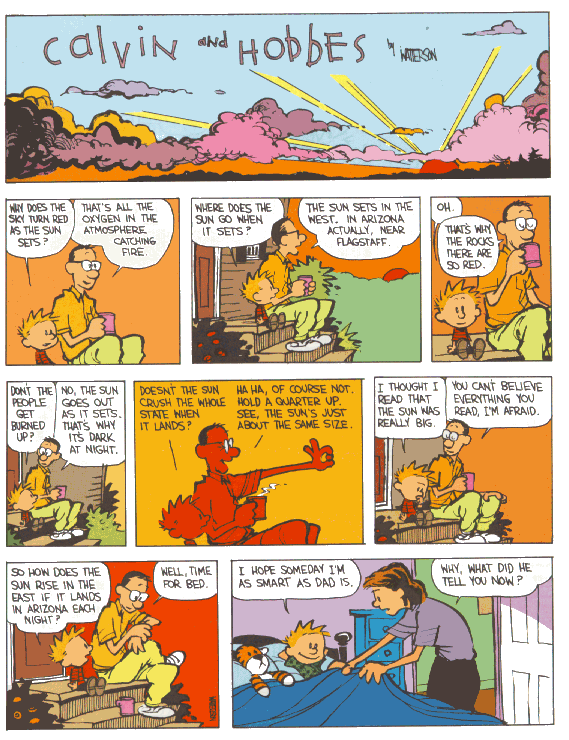Just from the title you can get an idea of how amazing this movie is.
It evokes all that is good in Jackie Chan,
Tunak,
Mortal Kombat,
Cool Runnings and middle-school anime. This may sound like faint
praise, but the movie is seriously amazing.
The underdog doesn't do quite as well in this movie. If only he knew
some kung-fu. Rather than talk about the movie (which showed the ugliness of life as beautifully as anything I've seen) I just want to mention two things
about the Q&A session with the director afterwards.
(It was directed by Jafar Panahi, who also did The White Balloon, and written
by Abbas Kiarostami.)
My respects to the Iranian censorship board
One of the reasons this movie was banned in Iran was the following
scene.
Guest: Mind if I smoke?
Host: Go ahead.
Guest: Want a cigarette?
Host: What kind do you have?
Guest: 57's
Host: Oh, those are too strong for me.
Guest: They're too strong for me too.
Doesn't seem too bad, does it? Apparently, since 1957 is the year of
the revolution in Iran, this scene was deemed counterrevolutionary.
Whatever else you might think about the censors in Iran, at least
they're on top of their symbolism. I certainly wouldn't have caught
that.
The postmodern condition
Skip this part if you don't like hearing about the plot, though
everything I write will be obvious in the first 10 minutes.
The movie is framed by a failed robbery attempt
by the protagonist, a pizza deliveryman named Hussein. One way to interpret the entire rest of the movie
is as expressing the humiliations and class pressures that lead
Hussein to this. During the Q&A, one guy asks the director "why,
in your opinion, does Hussein attempt the robbery?"
There's this collective groan from the audience, and in the dark a
collective roll of the eyes, as we feel sympathy for the director
having to explain through a translator that, unlike Hollywood
directors, he doesn't want to force any one interpretation on the
movie, but prefers to leave the viewer free to blah blah blah...
Ok, maybe it's just me and I'm projecting, but I really think the
whole audience had so internalized the postmodern project that what
the director said was just part of a no longer questioned canon.
Except that it was obvious why Hussein tried the robbery! The whole movie was
classic social realism! When the rich guy invites Hussein to his
table (where he later asks if he can smoke), Hussein first says "I'm
too dirty for your table" and goes upstairs to wash and shave.
Freedom of interpretation, my ass.
What's the moral of the story? Ask a stupid question, get a stupid answer?
The NYT public editor says that the word "postmodern" appears in the NYT in an average of four article a week. I think it says something about what we take for granted when of course we expect directors to refuse to admit a dominant interpretation of their movie.
Of course, this only holds among the subset of the population that doesn't know whether to laugh or cry at the phrase "they hate us because of our freedom."



